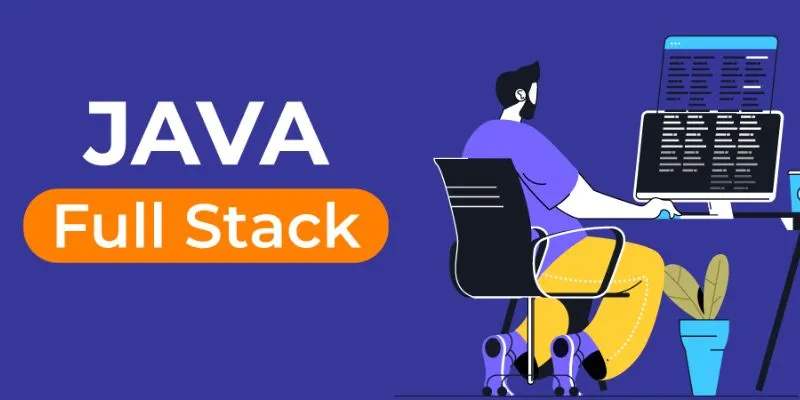
The demand for skilled full-stack developers is rapidly increasing as businesses look for professionals capable of managing both front-end and back-end development with efficiency. Their expertise in handling complete application workflows makes them indispensable in building modern, scalable, and user-friendly web solutions. Among the wide range of programming languages, Java continues to stand out as a cornerstone for full stack development, thanks to its versatility, security, and enterprise-level reliability. For aspiring developers who want to gain these high-demand skills, enrolling in a Full Stack Developer Course in Trichy offers hands-on training, real-world project experience, and the industry insights needed to build a successful career in this field.
The Importance of Java in Full Stack Development
Java has played a key role in software development for many years, and it is still important in full stack work today. Its stability, scalability, and ability to run on different platforms make it a popular choice in industries like finance, healthcare, e-commerce, and enterprise systems. If you want to become a full stack developer, learning Java gives you a solid base for back-end work and connects well with front-end tools and frameworks.
A big advantage of Java is that you can write your code once and run it on many different platforms without making major changes. This is especially helpful today, when technology is always changing and there are many types of devices.
Java in Back-End Development
The back-end forms the core of any application, handling logic, database operations, and server communication. Java excels in this area due to its robust frameworks and tools:
- Spring and Spring Boot: These frameworks simplify back-end development by offering pre-built configurations, reducing boilerplate code, and enabling rapid development. They also support microservices, which are widely used in modern applications.
- Hibernate: A powerful tool for database management, Hibernate allows developers to work seamlessly with relational databases, minimizing manual coding efforts.
- Security Features: Java comes with built-in security mechanisms, making it a choice for building applications that require the safeguarding of sensitive data.
By mastering these frameworks through a Java Course in Trichy, full stack developers can build secure, scalable, and efficient back-end systems.
Java in Front-End Development
While Java is more commonly associated with back-end work, it also plays an important role in full stack development when combined with front-end technologies. Developers can integrate Java with modern front-end tools like React, Angular, or Vue.js to build interactive user interfaces.
Additionally, Java frameworks like JavaServer Faces (JSF) and Vaadin help bridge the gap between front-end and back-end, allowing developers to create dynamic web applications with ease. This makes Java a versatile choice that enables full stack developers to work across the entire application lifecycle.
Java for Enterprise Applications
Full stack developers often work on large-scale projects where enterprise-level capabilities are required. Java is the go-to language for such applications because of its ability to handle high traffic, ensure system reliability, and scale effectively. Organizations trust Java for mission-critical applications, and by enrolling in a Full Stack Developer Course in Salem, developers can gain the expertise needed to stay competitive in the job market.
Building a Strong Career with Java as a Full Stack Developer
Learning Java not only enhances your technical expertise but also boosts your career opportunities. Many companies look for developers who can work on both ends of the stack, and Java knowledge ensures you stand out among other candidates. From start-ups building innovative products to established corporations managing complex systems, the demand for Java-skilled full stack developers is consistently high.
Java remains one of the most powerful and reliable programming languages for building full stack applications. Its ability to support both front-end integration and robust back-end development makes it a must-have skill for aspiring developers. With frameworks like Spring and Hibernate and tools that scale for enterprise needs, Java ensures that developers can deliver secure, efficient, and future-ready applications. For learners aiming to advance their career in this field, enrolling in a Java Course in Salem provides the practical knowledge, hands-on projects, and industry expertise required to thrive as a successful full stack developer.
